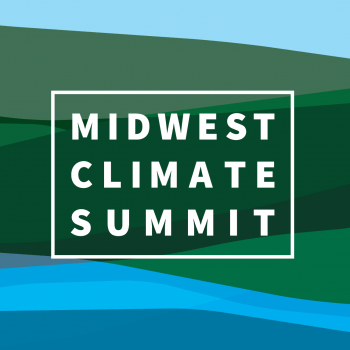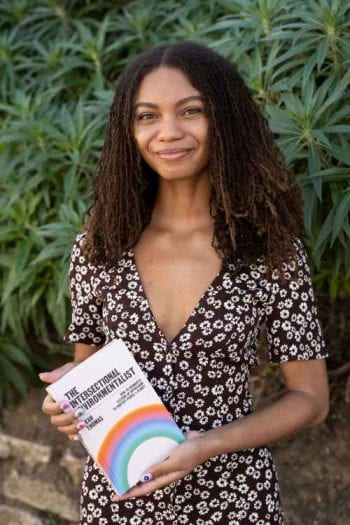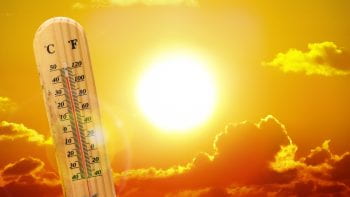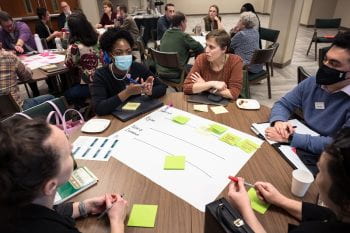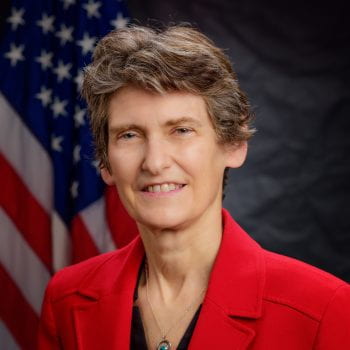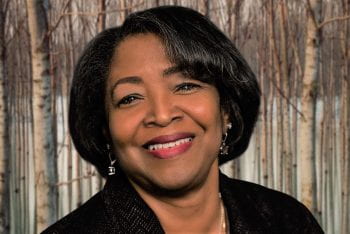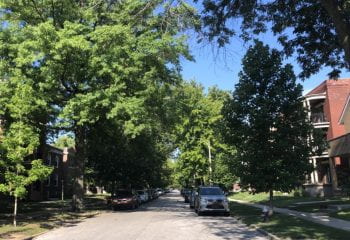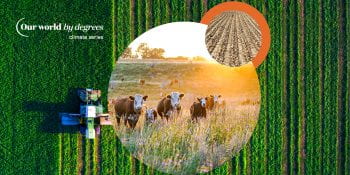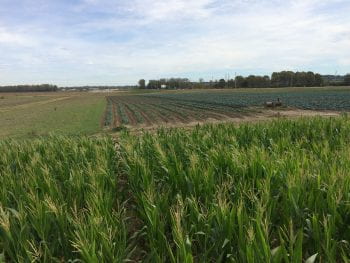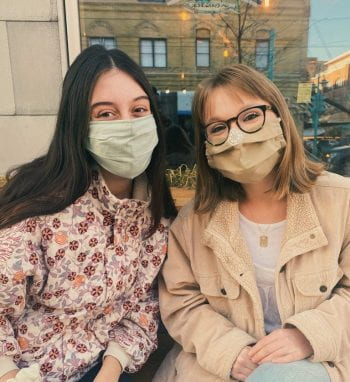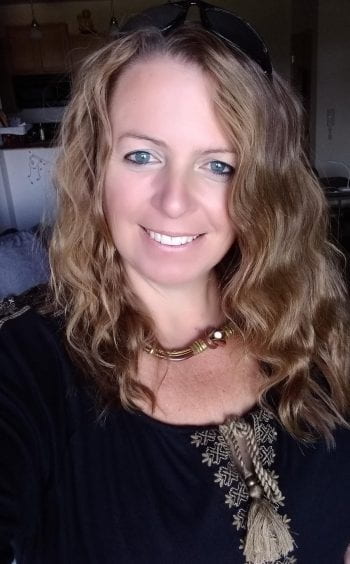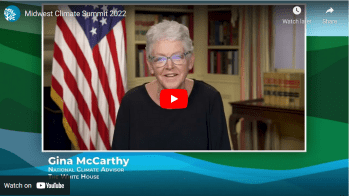Award-winning activist and author Leah Thomas, founder of Intersectional Environmentalist, will provide the keynote address April 1, 2024 INDIANAPOLIS — The 2024 Midwest Climate Summit is a two-and-a-half day, cross-sector gathering of climate leaders, researchers, students, and professionals focused on expanding knowledge as well as accelerating climate action and catalyzing new partnerships for an equitable Midwestern response to […]
Indianapolis to Host 2024 Midwest Climate Summit at IUPUI
